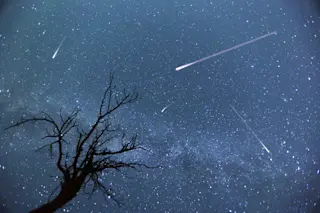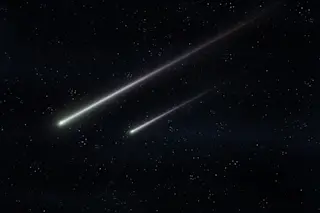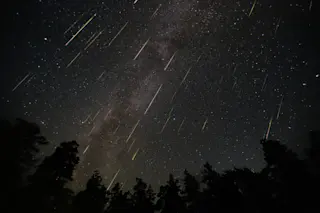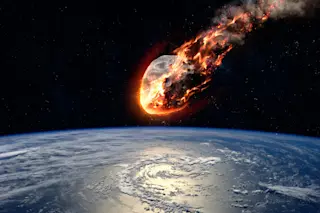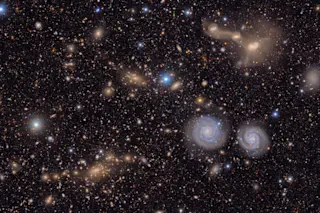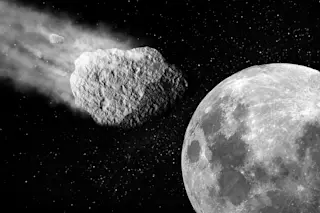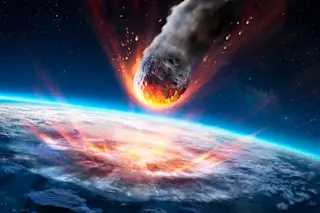(Credit: Cylonphoto/Shutterstock) When a meteor screams through our upper atmosphere, it's a silent show for us here on the ground. Most meteors burn up dozens of miles above the surface, and even if a sonic boom reaches us it comes minutes after the visual spectacle. However, reports of meteors have for years been accompanied by reports of strange sizzling sounds filling the air, as if someone was frying bacon. Sound travels too slowly for the meteor to be directly responsible for the phenomenon, so such reports are usually dismissed or attributed to earthly causes. But now, researchers from Sandia National Laboratories and the Czech Academy of Sciences (CAS) say that they have uncovered a mechanism that could account for the mysterious crackling noises.
The sounds, they say, emanate not from the disturbance of air particles as the meteor shoves them aside, but from the flashes of heat it gives off ...


